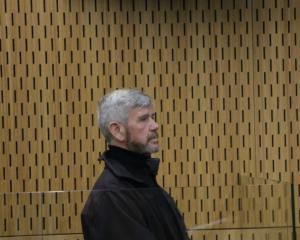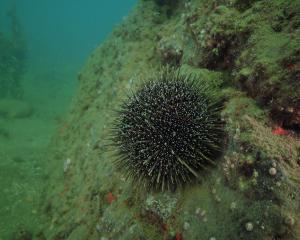
Environmental groups expect next week's meeting of the International Seabed Authority (ISA) in Kingston, Jamaica, to rule out any immediate permission for mining to begin. Countries will also discuss a moratorium later in the month to ensure projects do not go ahead without safeguards.
Mining companies say the ocean floor is potentially rich in metals like nickel and cobalt used in batteries for electric vehicles, so their extraction will support the global energy transition.
Any permitting delay will hurt the prospects of Canada's The Metals Company, which has led efforts to exploit seabed minerals in the Pacific. The company was not immediately available to comment.
Environmental groups warn that the use of heavy machinery to extract "polymetallic nodules" from ocean floors could cause irreparable damage to marine ecosystems, destroying habitats, churning up sediment and disrupting migratory routes.
TMC says that while deep-sea mining will have some ecological impact, it would be less damaging than land-based extraction.
At the heart of the discussions is a loophole known as the "two-year rule", which says the ISA council must "consider and provisionally approve" applications two years after they are submitted, even though it has yet to finalise related regulations.
The Pacific island of Nauru, TMC's sponsoring state, triggered the loophole in July 2021.
Nauru has indicated it would submit a "plan of work" to the ISA's technical committee this year but the committee is not expected to formally recommend approval, said Sian Owen of the Deep Sea Conservation Coalition, a non-government environmental group.
"This is a reflection of the growing momentum, globally and also within the ISA Council, of a move towards a pause," she told a briefing.
Germany, New Zealand and Switzerland have called for a moratorium, while France supports an outright ban.
ISA is responsible for exploration in sea areas beyond national jurisdictions, and its decisions will not prevent countries from digging for minerals in their own territorial waters. Norway recently announced plans to open up 280,000 square kilometres to exploration.
Beyond the environmental impact, soaring costs and uncertain economic returns could also turn off investors.
"The fact is no one has ever mined the sea floor in any major commercial capacity," said Victor Vescovo, an investor and deep-sea explorer who will attend the meeting.
"I think they would end up being stopped not by environmental concerns, not even by political pressure, but by the weight of the financial risk and poor performance that would happen at those incredibly difficult operating depths."













